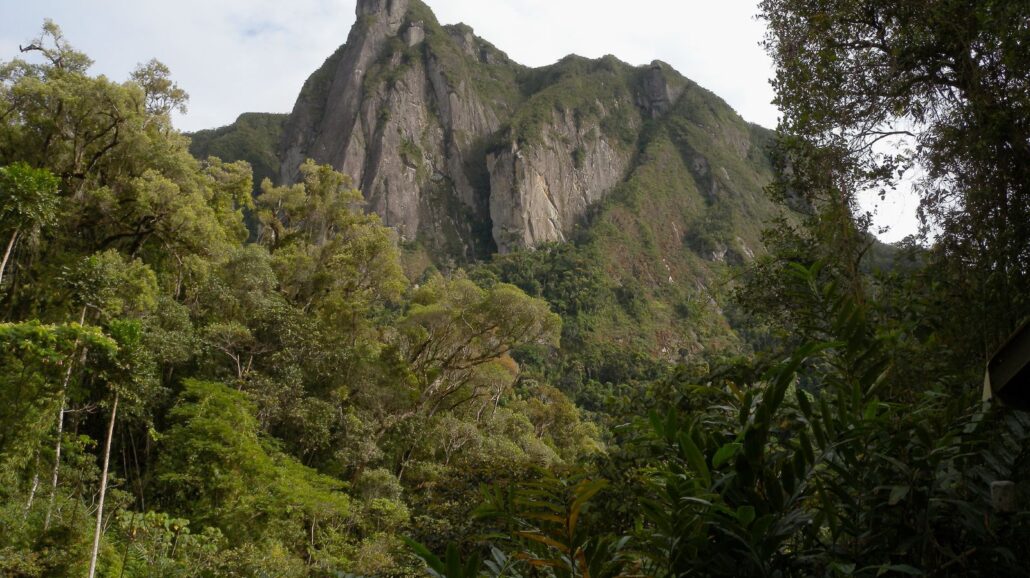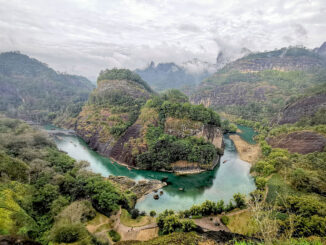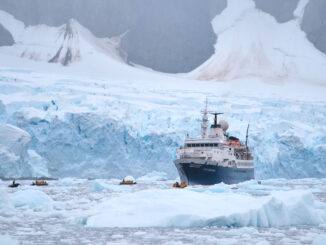
A new study finds that community-led initiatives aren’t very good at saving forests after a national crisis. Direct government protections, however, seem effective.
Domestic civil strife, armed conflicts, and political upheaval in general are known to coincide with reductions in rates of deforestation. The chaos disrupts rural economies, and just as farms are negatively impacted by these conflicts, illegal forestry is disrupted, as well.
But at the subsidence of political crises, when illegal loggers get back to work, research out of Madagascar suggests that so-called community-managed forests are incapable of keeping the illegal tree cutters out.
State-protected lands like national parks, however, experience less illegal logging during those periods when a crisis ends and law and order are restored, researchers are now saying.
In the new study published in the journal Nature Communications, a team led by Cornell University scientist Rachel Neugarten used satellite-driven remote sensing technology to assess how rates of deforestation accelerated or decelerated in various regions of Madagascar during and following bouts of national crisis. The crises studied were sparked by a spike in rice prices harming consumers, government corruption scandals, and a controversial land deal between the national government and a company based in South Korea.
Madagascar has suffered tremendous deforestation since gaining independence from France. Civil strife has become a regular occurrence there, as well.
Madagascar’s government set up a system of community forestry management in an attempt to slow forest losses by making people living in rural areas stakeholders in forest protection. The government also established a network of about a dozen national parks in a bid to protect forests and biodiversity.
Neugarten et al. said their data shows that these national parks and other formally protected lands fared better than community-protected forests during crisis episodes in terms of keeping their trees protected from illegal logging. The study abbreviates lands protected under community forest management contracts as CFM and Madagascar National Parks as MNP.
“Before, during, and after the crisis, annual deforestation rates were approximately three times greater in CFM than in protected areas administered by MNP,” Neugarten et al. said. “Annual rates of deforestation accelerated immediately following the crisis, from 2014 to 2017, particularly in CFM.”
The study covered data gathered from 2005 to 2020. The authors say they recorded Madagascar losing 16.5 percent of its forest cover during that timeframe. The forested areas of CFMs shrank by more than 20 percent, whereas national parks in Madagascar lost just 6.5 percent of their forest cover.
The researchers admit that other factors could be at play, such as a national park’s remoteness and accessibility. However, they say their study takes these other variables into account.
The study also finds that neither CFMs nor national parks do a very good job of defending forests from illegal tree felling during crises. But once an emergency dies down and Madagascar’s political situation more or less stabilized, community-managed forests were found to be significantly more vulnerable, especially those located close to cities. Tree felling was up to 2.4 times higher in community forests as compared to national parks.
“This is sobering,” the study’s authors say, “as community-based conservation is often promoted as an effective and equitable alternative to traditional, government-run protected areas.” They speculate that national parks have better access to government funding to help pay for security measures.
The study recommends further research, including work to acquire a deeper understanding of CFM contracts and management activities. They also caution that this study was limited to only Madagascar. More insight could likely be achieved by expanding this type of research to other countries considering national parks vs. community-based management as a means to defend their last remaining forests from illegal clearcutting, the authors conclude.
©2025 Public Parks
Park Info
Park Name:
Madagascar national parks
Location:
Madagascar
More Information:



